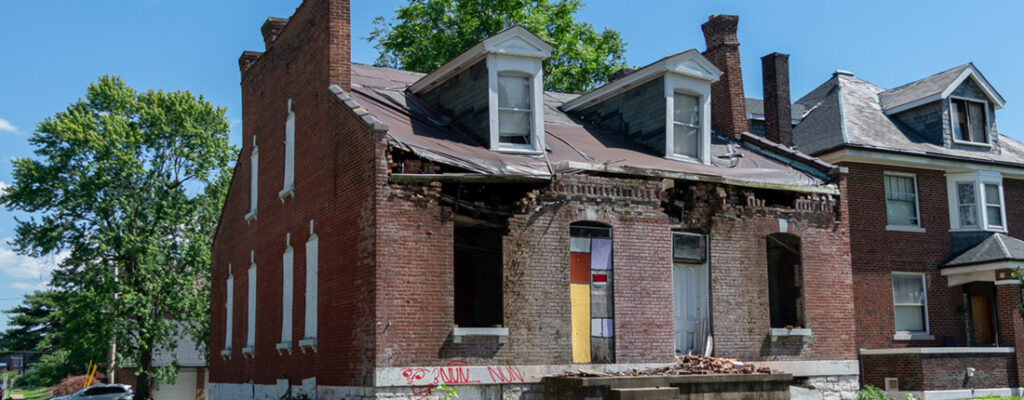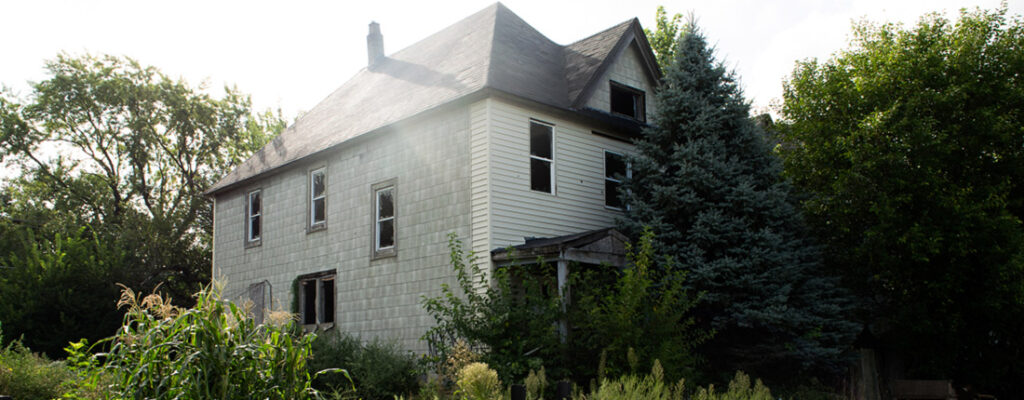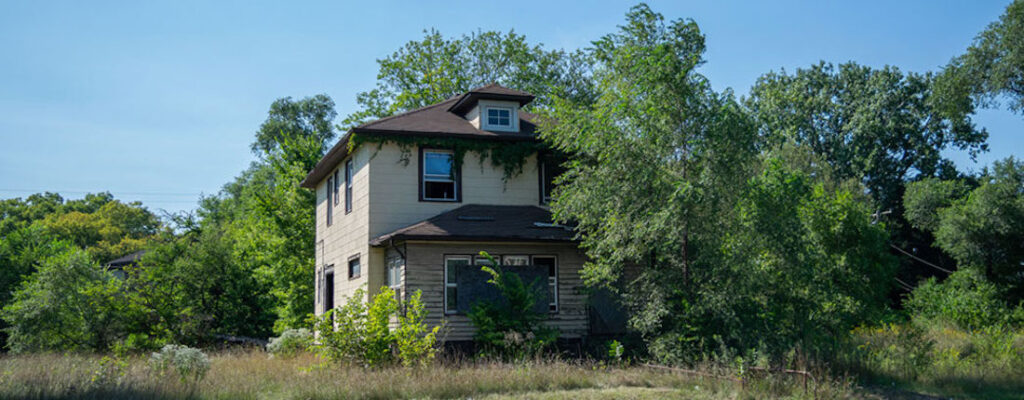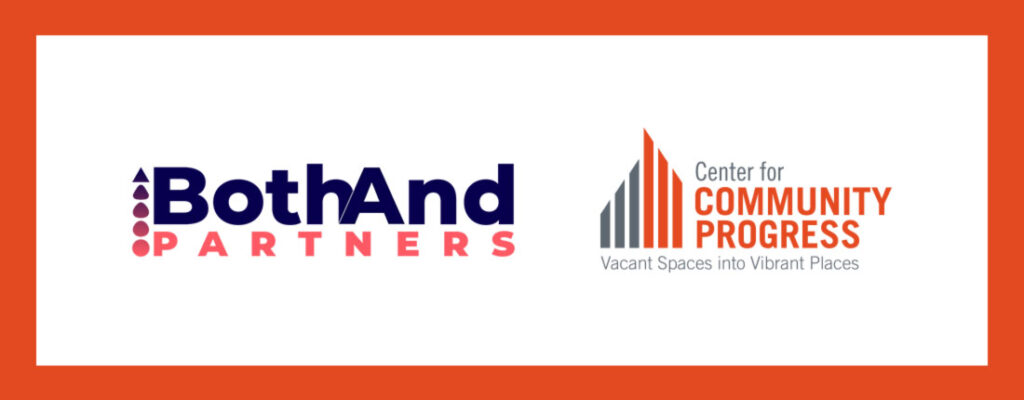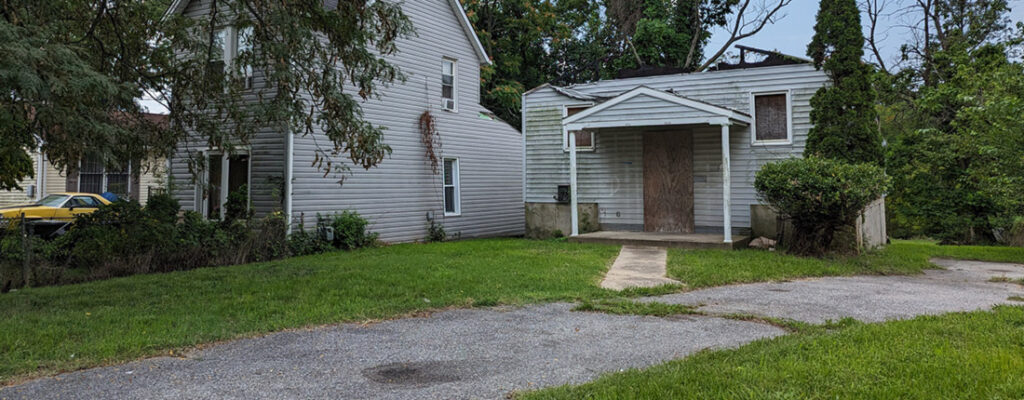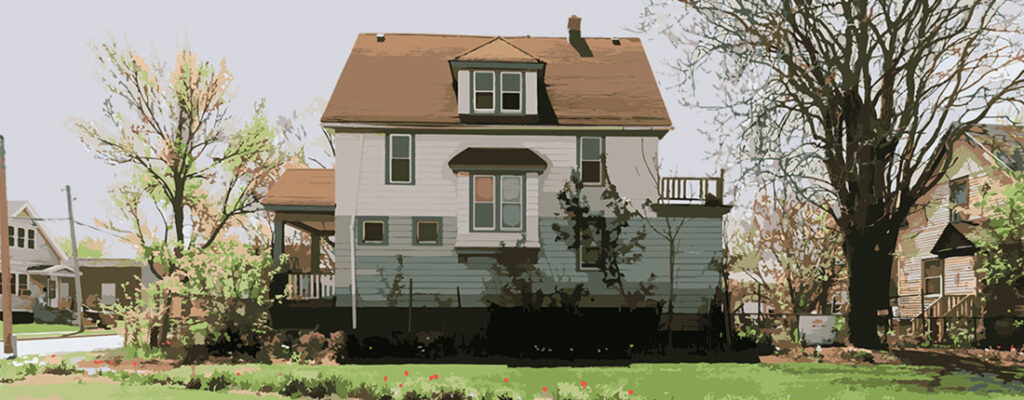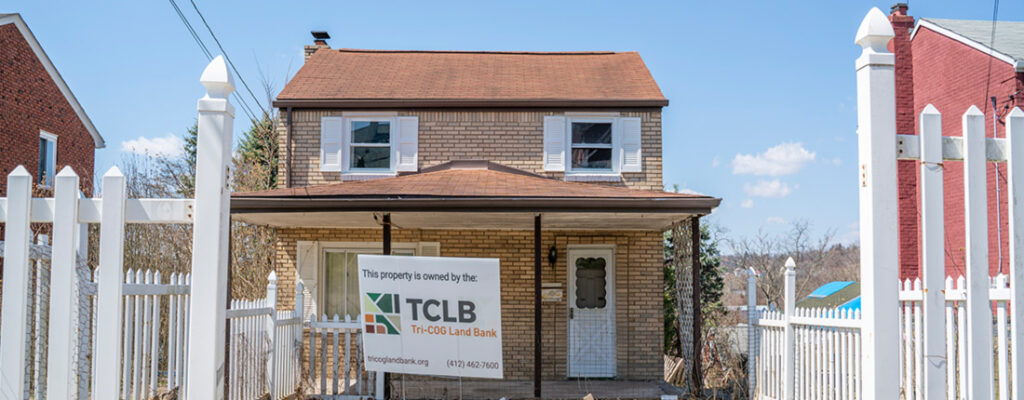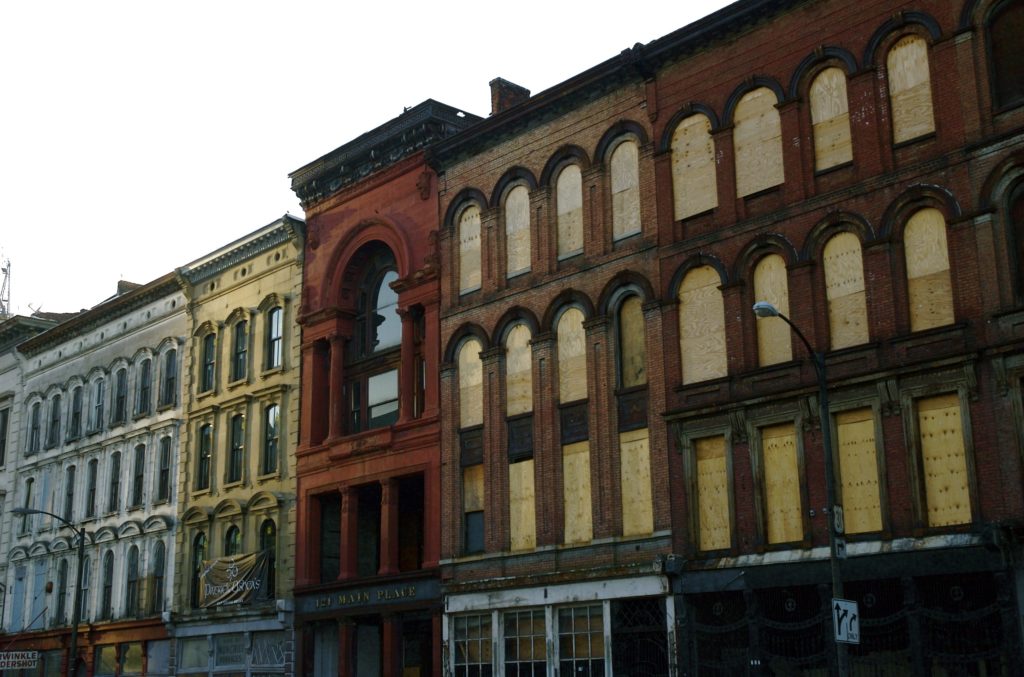Blog
Racial Equity
To address vacant, abandoned, and deteriorated (VAD) properties, local governments must first identify what types of VAD properties exist in the community. Some properties are abandoned with no mortgage and near tax foreclosure. Some fall into disrepair during a long mortgage foreclosure process. In other cases, a property owner may…
Read More »Blight is a shorthand term many people use to refer to properties they perceive as problematic in some way.
Read More »Vacant, abandoned, and deteriorated (VAD) properties—referred to by some as “blighted properties”—pose significant costs to public health, property values, local taxpayers, and more.
Read More »In the Land Bank DEI Learning Cohort, eight land banks learned how to disrupt racial injustice to better serve their communities.
Read More »Systemic vacancy is the community experience of widespread property vacancy caused by the combined actions of people, policies, and processes.
Read More »The key lesson from this year’s VAD Academy: systemic racism is a root cause of vacant, abandoned, deteriorated properties.
Read More »Representing Allegheny County, Pennsylvania, the Tri-COG land bank has had enormous success in its first five years of operation.
Read More »The City of Detroit’s innovative Make it Home program harnesses the power of the traditionally harmful property tax foreclosure process and uses it to increase affordable homeownership, improve housing conditions, and stabilize neighborhoods.
Read More »With technical assistance support from Community Progress, Louisville is reforming their housing and building code enforcement with equity in mind.
Read More »This is an excerpt of Chapter 10 of Tackling Vacancy and Abandonment: Strategies and Impacts After the Great Recession, jointly produced by the Center for Community Progress, the Federal Reserve Bank of Atlanta, and the Federal Reserve Bank of Cleveland. It has been lightly edited and condensed for the web….
Read More »
